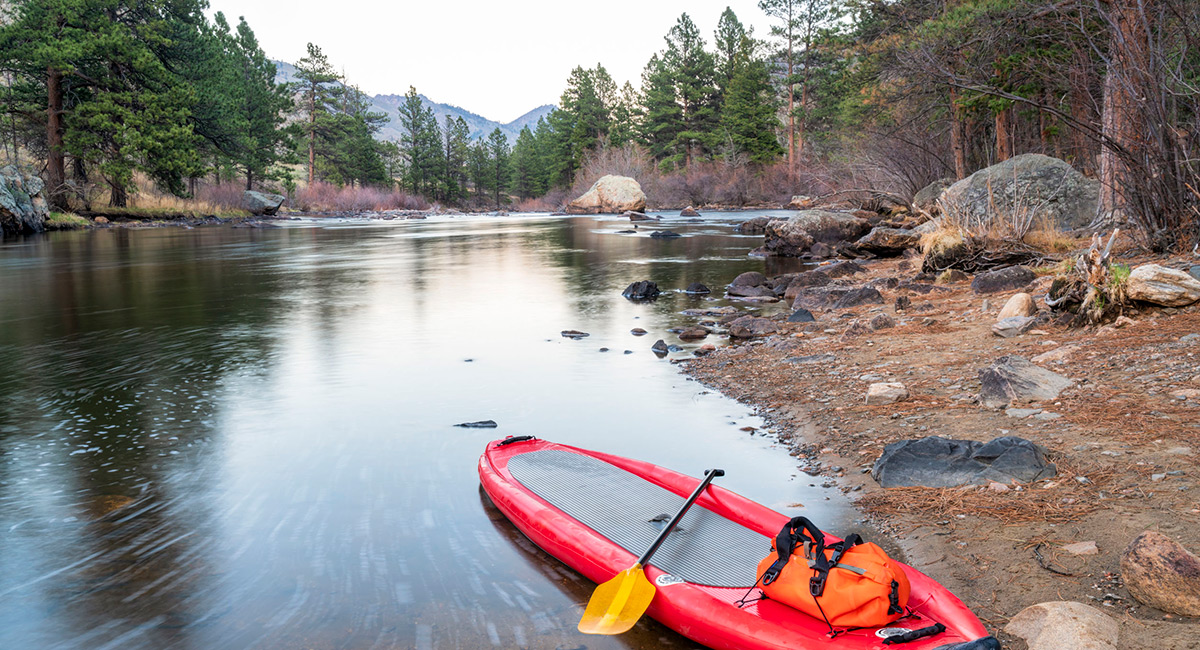The transition from coal power to natural gas and renewables in the West is picking up steam. That shift has important implications for carbon mitigation, but it also has produced an often overlooked yet suddenly significant development: the release of water previously needed for cooling coal-fired power plants for other uses.
Access to water, in large part supervised by the federal government’s Bureau of Land Management, is perhaps the major issue in the arid West. Unlike in the water-abundant East, where property owners are free to draw at will from streams, rivers, and lakes, in the West, water is allocated under a prior appropriation doctrine, which assigns water rights to people located upstream, provided it is taken for “beneficial use.” Conflict is inevitable without well-functioning markets for water rights.
As coal plants across the West, from Arizona to Oregon and Washington, continue to close as a result of competition from cheap natural gas and subsidies for solar and wind power, small towns like Craig, Colorado, located on the western slope of the Rockies with nearly 9,000 residents, hundreds of whom work in the coal industry, will have the option of buying the coal plant’s water rights when it is mothballed in 2030.











